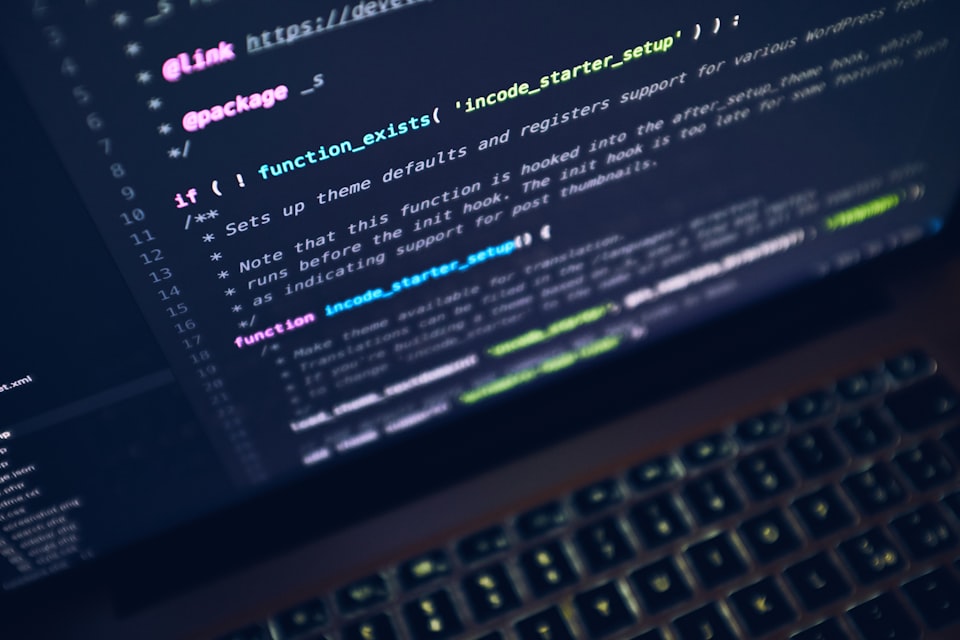Gaming's Innovation Frontier

Joakim Achren — May 19, 2023
In Q1 of 2023, Konvoy Ventures did a great piece on the state of gaming. Here's the y-o-y chart.
If you think about the new things happening, there's innovation all around. Blockchain had a substantial impact, more than VR or the metaverse ever had. AI is still emerging, and how it will grow the industry is questionable.
The early innings are always funny. Free-to-play games were first called social games since they were played with friends. Now, many free-to-play games are inherently social, and no distinction is needed.
With web3 and AI, we've seen games called Crypto Raiders and AI Dungeon . This naming will only attract a particular crowd.
Additionally, web3 and AI aren't unlocking massive audiences: neither of them are platforms that enable more people to play games, as mobile did.
Evidence: where is Axie Infinity in May 2023? Where is STEPN in May 2023? People got crazy about flipping their $100 into $1000 until the scheme fell apart. Neither game had anything to do with gaming for entertainment. We might have never heard of these games if you'd removed the speculative aspect.
For AI games, the possibilities are much more nuanced. It's not only the game assets that AI can generate, but the narrative, the quests, the puzzles, the physics, and the live operation daily events—eventually, the holodeck from Star Trek.
Many founders have been adding AI into their pitch decks, resembling how they mentioned web3 two years ago. I'm happy that people are experimenting with new technologies and trends to infuse them into gaming. But there's much to consider regarding new technology enabling new products.
If you ask me, the AI and web3 aspects might better be obfuscated from the player. To benefit the gamer's experience. To not tell but to show.
So where is the big business in web3 and AI, and where does pitching it to VCs make sense?
Investors are eager to invest in AI companies. But some of the biggest winners from the AI revolution will be existing companies that weren't founded to do AI, but are perfectly poised to benefit from it, as e.g. Facebook was perfectly poised to benefit from smartphones.
— Paul Graham (@paulg) May 14, 2023
This is my take.
Both web3 and AI are more about plumbing than anything else. You've got Layer facilitating game asset creation with generative AI and Polygon facilitating transactions for blockchain games.
Why do I think that Polygon is more valuable than Layer? Not because Polygon is doing crypto or because they have more customers.
Polygon has been building up a suite of tools and plumbing for developers for several years. It inherently needed to build everything, the L2, the wallet, the tokens, to cater to one customer, the web3 developer who wants to run their app.
Can Polygon be the "Unity of crypto" and Layer the "Unity of AI?"
Does it matter? Is this enough for a VC to get excited?
Let's take a step back and look at the actual Unity.
In 2020, Unity's IPO was phenomenal: "Unity Technologies has raised more than $1.3 billion in an initial public offering (IPO) at a $13.6 billion valuation. Unity makes tools for developers to create games and other computer-generated entertainment, and its game engine runs thousands of console, mobile, and PC titles." wrote VentureBeat .
Something is missing in that piece. Several years before the IPO, Unity had a problem. Being the de-facto tools maker for game developers is an excellent business, but gaming is just a vertical business. The scalability is capped, and you have to compete against Unreal and the fact that several developers are still, to this day, running their own game engines.
Unity's attempt to fix the problem of being stuck in a one-vertical business was the mobile ads business. In 2014, Unity acquired Applifier , which turned into Unity Ads. The business was great. Unity broke out of gaming, as its customers could range from all businesses wanting to advertise on Unity's growing ad network.
In 2023, the headlines said, "Unity stock slides nearly 20% as mobile-ad spending dries up." A company hailed as a tools maker for game developers had built the house on mobile ad spend. The core business was the ad network, suddenly vulnerable to Apple's privacy changes, which in 2021 started the plateau of mobile gaming after a ten-year run of growth.
With Polygon, things look bright, even as the crypto craze subsides. Polygon is, by nature, non-verticalized. Its customers aren't only in gaming, but it has a broad customer base of fintech, real estate, etc.
Would Unity benefit from acquiring all the generative AI startups, rolling them up, and creating a suite of AI tools for developers? Perhaps, but Unity is still relying heavily on its selected path. It acquired Ironsource, another ad network company, in 2022 and is doubling down on fixing its non-verticalized business. It is secondarily a game development tool.
The roll-up of AI needs to look different; it needs to be non-verticalized from the start. If you are attempting this, please DM me on LinkedIn or Twitter :)
(Photo by Luca Bravo on Unsplash )
